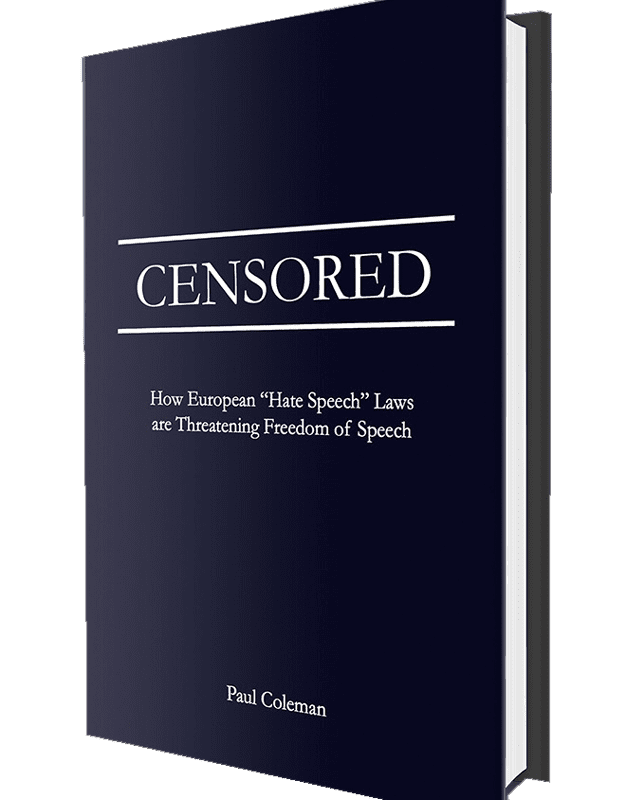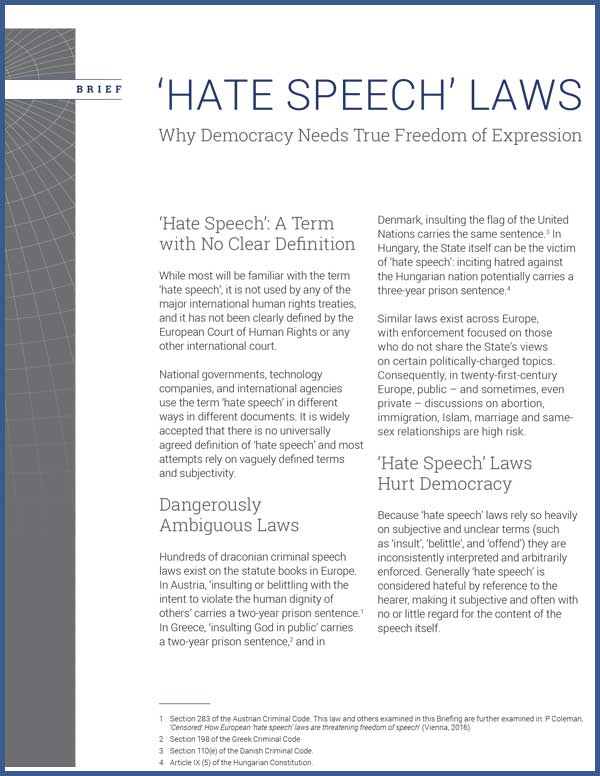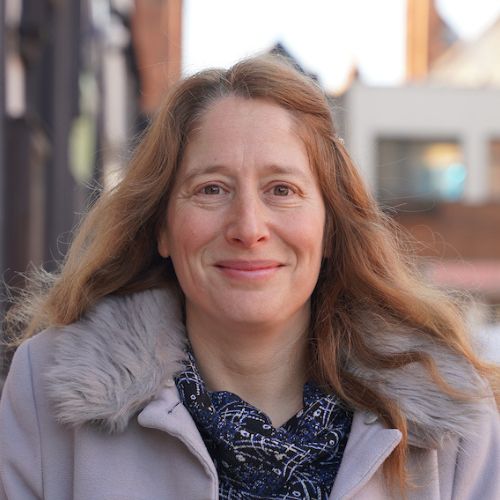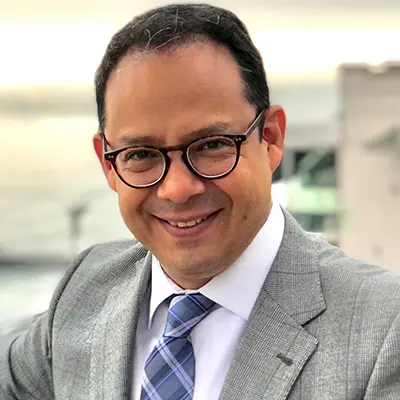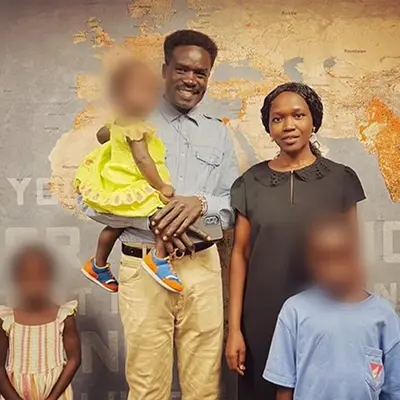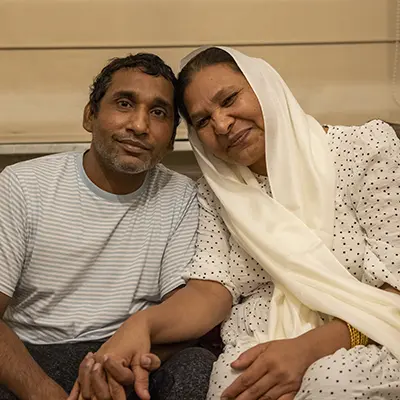David Agape, Brazilian independent investigative journalist
Alfonso Aguilar, Director of Hispanic Engagement, American Principles Project
Cristián Araya, Member of Chilean Congress for the Republican Party
Jamil Assis, Institutional relations director, SIVIS, Brazil
David Atherton, Journalist
Lucy Ana Avilés, Philanthropist & Free Speech Advocate
The Honorable Andrew Bailey, Missouri Attorney General
Stephen Nikola Bartulica, Member of the European Parliament
Megan Basham, Author & Commentator, Daily Wire
Dr. Peter Boghossian, Founding Faculty Advisor, University of Austin
Sam Brownback, Former US Senator, Former US Ambassador-At-Large for International Religious Freedom
The Honorable Hernán Darío Cadavid, Member of Chamber of Deputies, Colombia
Noah Carl, Editor, Aporia Magazine
Sara A. Carter, Investigative columnist & Host, the Sara Carter Show
Prof. Gerard Casey, Professor Emeritus, University College Dublin
Charles J. Chaput, OFMCap, Archbishop Emeritus of Philadelphia
Melissa Chen, co-founder, Ideas Beyond Borders & journalist at The Spectator
Adam B. Coleman, Founder, Wrongspeak Publishing
Paul Coleman, Executive Director, ADF International
Rodrigo Iván Cortés, Former Mexican Congressman & Civil Society Leader
Jamile DeSouza-Davies, Academic & Media personality
Seth Dillon, CEO, The Babylon Bee
Bryony Dixon, Director of Development and Events, Civilisation Works
Misa Djurkovic, Ph.D., Principal Research Fellow, Institute of European Studies, Belgrade
Andrew Doyle, Author & GB News Presenter
Rod Dreher, Author & Columnist
Steven Edginton, US correspondent, GB News
Chris Elston, “Billboard Chris”, Child Protection Advocate, Free Speech Activist
James Esses, Co-founder, Thoughtful Therapists
Alvino-Mario Fantini, Editor-in-Chief, The European Conservative
Ellen Kryger Fantini, Online Editor, The European Conservative
Mamela Fiallo, Ecuadorian journalist and influencer
Ján Figeľ, Former EU Commissioner & first Special Envoy for FoRB outside the EU
Paulo Figueiredo, Journalist
Nate Fischer, Founder, New Founding
Claire Fox, Baroness Fox of Buckley
David Frost, Lord Frost of Allenton
Prof. Frank Furedi, Director, MCC Bruxelles
Riley Gaines, Author
Nile Gardiner, Former Aide to Margaret Thatcher
Prof. Robert P. George, McCormick Professor of Jurisprudence, Princeton University
Sara Gon, Director Free Speech Union of South Africa
Sara Gonzales, Host of Sara Gonzales Unfiltered
Prof. Matt Goodwin, Professor of Politics, University of Kent
Freddy Gray, Deputy Editor of The Spectator
Darren Grimes, Presenter, GB News
Prof. Wayne Grudem, Ph.D., Professor of Theology Emeritus, Phoenix Seminary
Prof. Dennis Hayes, Director, Academics for Academic Freedom
Ayaan Hirsi Ali, Research Fellow Hoover Institution
Prof. Dr. Ralf Höcker, LL.M., Media Lawyer (Germany)
Kate Hoey, Baroness Hoey of Lylehill and Rathlin in the County of Antrim
Jacob Howland, Provost & Senior Vice President, University of Austin
Ladislav Ilčić, Former Member of the European Parliament
Sachin Jose, Journalist & Digital Marketing Consultant
Axel Kaiser, Author & Entrepreneur
José Antonio Kast, Former Chilean presidential candidate & Chair of the Political Network for Values
Prof. Eric Kaufmann, Professor of Politics, University of Buckingham
Birgit Kelle, Journalist & Author
The Honorable Kris Kobach, Kansas Attorney General
Dr. Kyriakos N. Kotsoglou, LLM, Associate Professor in Law, Northumbria University
Agustín Laje, Author & Political Scientist
Ezra Levant, CEO, Rebel News
James Lindsey, Ph.D., Founder, New Discourses
Heather Mac Donald, Thomas W. Smith fellow, Manhattan Institute
Michael Malice, Author
Paul Marshall, Baylor University, Hudson Institute, Religious Freedom Institute
Collin McMahon, Journalist, Kontrafunk
Dr. Calum Miller, Medical Doctor, Research Fellow, University of Oxford
R. Albert Mohler, Jr., President, The Southern Baptist Theological Seminary
Rónán Mullen, Senator, Irish Parliament
The Honorable Liz Murrill, Louisiana Attorney General
Mario Nawfal, Serial Entrepreneur, Investor & host of the largest Spaces on 𝕏
Andy Ngo, Journalist
Brendan O’Neill, Chief Political Writer, Spiked
Julián Obiglio, President of the Latin American Parties Union
Mary Margaret Olohan, Author and Reporter, Daily Wire
Dr. James Orr, University of Cambridge
Prof. David Paton, Professor of Industrial Economics, Nottingham University Business School
Tony Perkins, President, Family Research Council
Tammy Peterson, Podcast Host
Andrea Piccioti-Bayer, Director, The Conscience Project
Jack Posobiec, Senior Editor, Human Events
Gabriel Quadri, Former Mexican Congressman
Boris Reitschuster, Journalist
The Honorable Sean Reyes, Utah Attorney General
Rob Roos, Former Member of the European Parliament
Prof. Abishek Saha, Professor of Mathematics, Queen Mary University of London
Patricia Santos, Editor for El Debate for the EU
Dan Schneider, Vice President for Free Speech, the Media Research Center
Andrea Seaman, President, Free Speech Union Switzerland
Sam Sey, Blogger & Public Speaker
Michael Shellenberger, CBR Chair of Censorship, Politics, & Free Speech at University of Austin & Founder, Civilization Works
The Honorable Jonathan Skrmetti, Tennessee Attorney General and Reporter
Phoebe Smith, Researcher, Civilisation Works
Craig Snider, Freedom Fighter, Philadelphia
Petr Sourek, Journalist
Ashley St. Clair, Author & Commentator
Robby Starbuck, Founder of Starbuck Studios & Free Speech Advocate
Dr. David Starkey, Historian and broadcaster
Mathew D. Staver, Esq., Founder & Chairman, Liberty Counsel
Dieter Stein, Publisher, Junge Freiheit
Joachim Nikolaus Steinhöfel, Freedom of speech-attorney, Author of the No. 1 Bestseller “Die digitale Bevormundung”
Prof. Nadine Strossen, Professor of Law Emerita, New York Law School
Rupa Subramanya, Journalist, The Free Press
Prof. Andrew Tettenborn, Professor of Law, Swansea University
Connor Tomlinson, Podcast Host, Lotus Eaters
David Thunder, Political Philosopher and Jorunalist
Prof. James Tooley, Vice-Chancellor, University of Buckingham
Carl R. Trueman, Fellow at the Ethics and Public Policy Center
Liz Truss, Former Prime Minister of the United Kingdom
Zuby Udezue, Rapper, Author, Podcast Host, Public Speaker
Eli Vieira, Brazillian Biologist & Journalist, Gazeta do Povo
Eva Vlaardingerbroek, Political Commentator & Legal Philosopher
Kristen Waggoner, President & CEO, Alliance Defending Freedom / ADF International
Andrew T. Walker, Associate Professor of Christian Ethics and Public Theology, The Southern Baptist Theological Seminary
Prof. Stephen Warren, Professor of Astrophysics, Imperial College London
Peter Whittle, Director, New Culture Forum
Dr. Joanna Williams, Academic & Author
Toby Young, Founder & General Secretary, Free Speech Union
Sergio Zaragoza, CEO Derechos Digitales











